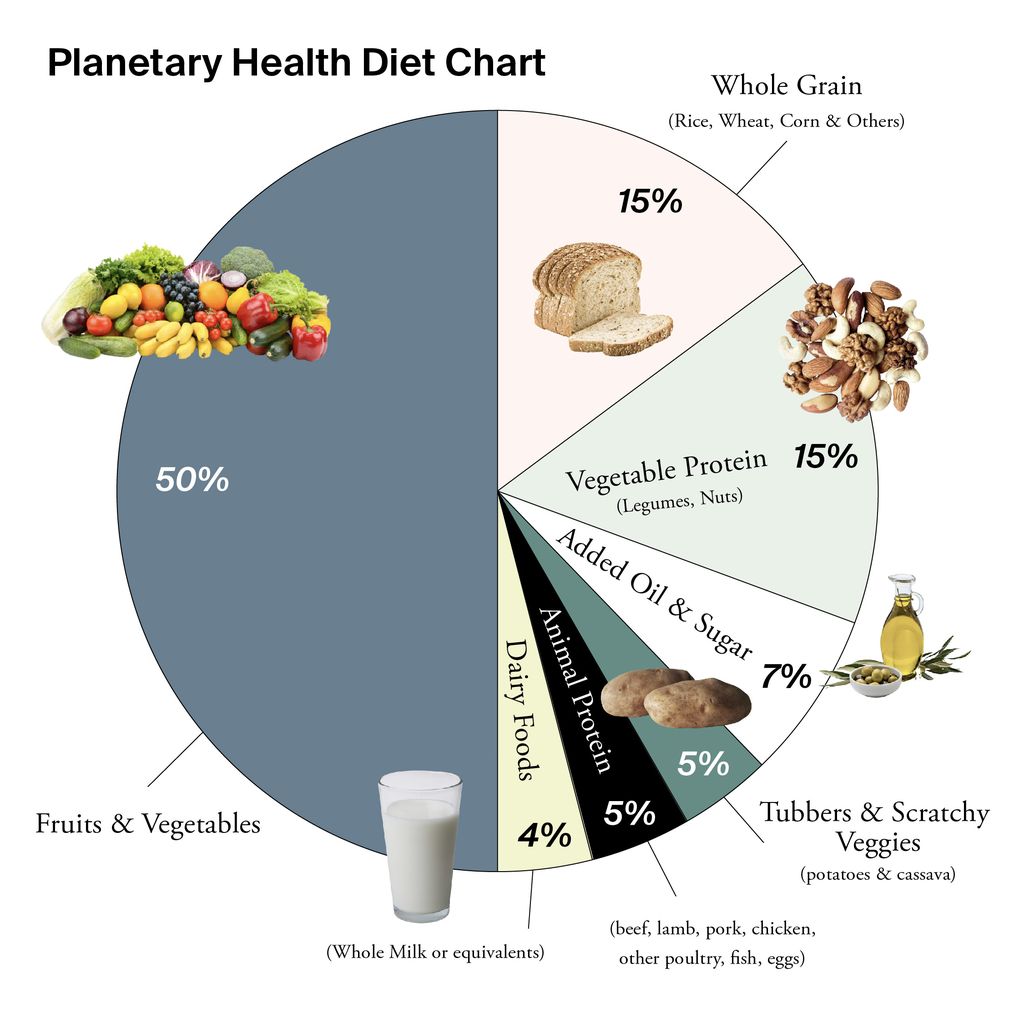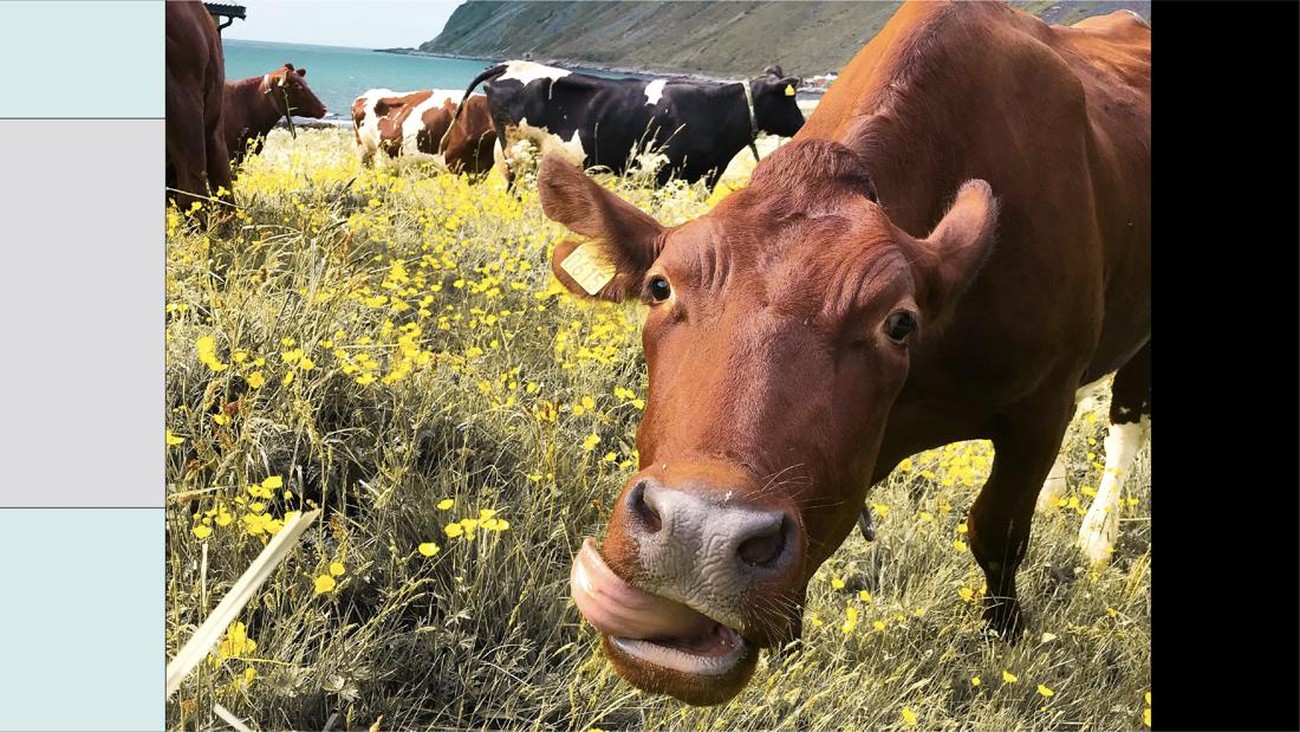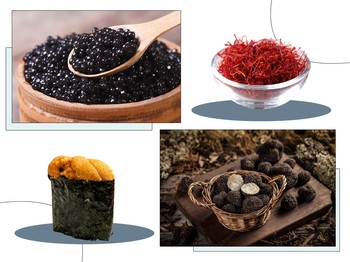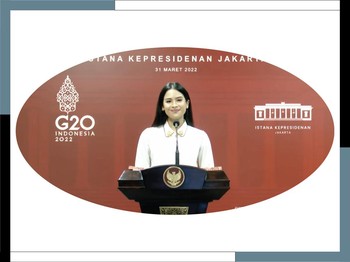Some of you may not know that what we eat affects climate change. I know it seems unfair, especially for food enthusiasts, who usually see food from a cultural point of view, a love language, and a legacy. The terms vegetarianism and veganism used to be known adopted by animal lovers and healthy lifestyle adopters, but the fact is that it's a conduct of opposing business as usual; degenerative agriculture.
Degenerative agriculture is a practice of farming that destroys the soil with tractors, agricultural chemicals, and fertilizers. Conventional agriculture is generally working hand in hand with Concentrated Animal Feeding Operation (CAFO), which facilitates livestock in a confined situation without vegetation. Cows, chickens, hogs are kept in stalls and fed to produce excessive manures to be used on the farm. These facts are why they call it "animal factory" or "poop factories," where animals aren't treated properly. The industrial animals may be resulting in a very tasty steak, but far from nutritious, which also goes to the crops produced (fast, abundant, but less healthy).
According to the UN, the world contributes 17 percent of food production globally. Therefore, it's inarguable for people to change their diet. Food production produces a greenhouse gas called methane (CH4) that emits from manures and food waste to the atmosphere. Methane will cling in the atmosphere for 10-12 years; as greenhouse gas continues to blanket the Earth trapping the sun's heat, we will see more disastrous events that lead to extinction. Even though we can't stop it from being emitted, surely we can reduce it.
The industries have been learning to find more solutions to this critical matter, and from my point of view, we can still thrive in a balanced life with daily approaches such as supporting regenerative agriculture or local farmers and being a flexitarian. Here's the planetary health diet chart you think you don't need.
 Planetary Health Diet/ Foto: CXO Media Planetary Health Diet/ Foto: CXO Media |
...and hopefully, this chart could give you a better understanding of making responsible choices. A consumption that's not only good for your health but also good for the planet.
(MEL/HAL)


